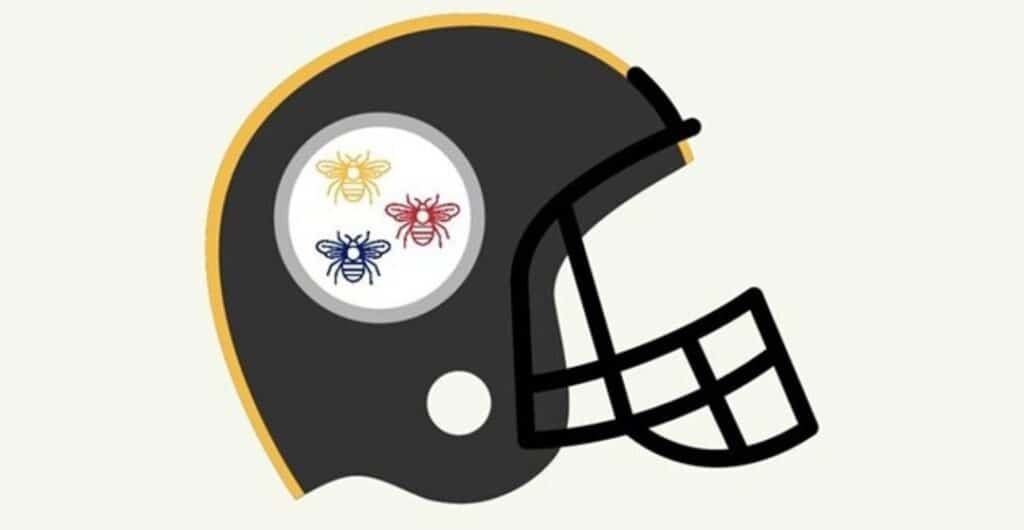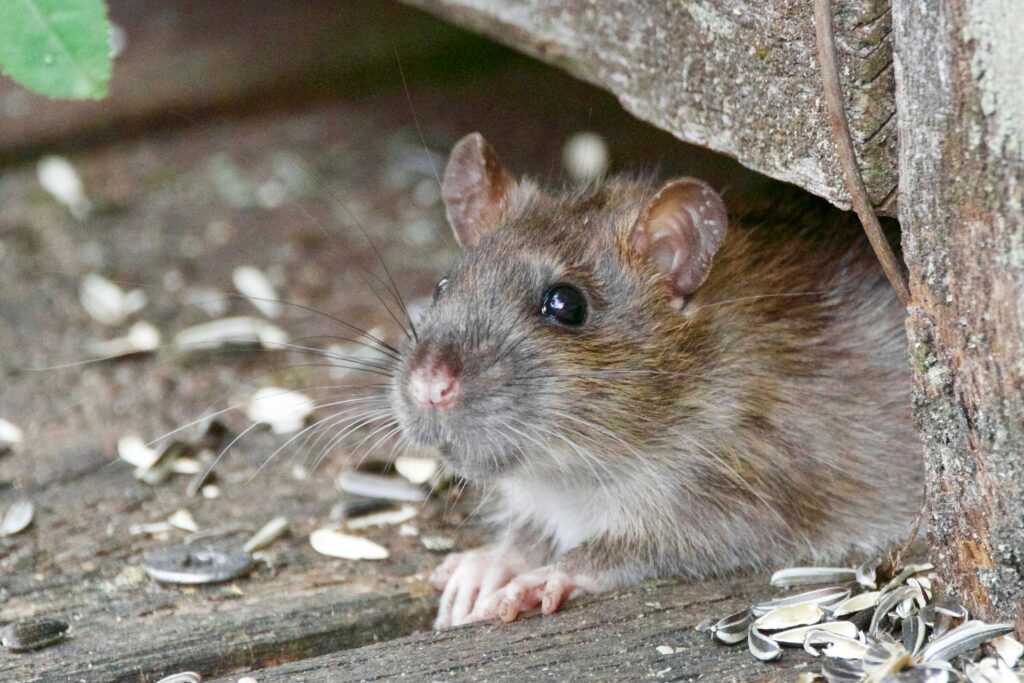You know the story: you’re having a great time outside on a beautiful summer evening when a bug bites you. Or maybe, you wake up the next day with an annoying itch and a red spot on your skin. Bug bites come in different shapes and sizes, but itchiness is a symptom shared by bites from a number of pests. Bug bites itch because of your immune system’s response to the bite.
When an insect, such as a mosquito, tick or flea, bites you, your body increases the white blood cell count in the area and produces histamine, a compound that cells release as their normal response to injury. This causes the swelling you see and the itching you feel in the area around the bite.
Reactions to bug bites can vary based on the person and the pest. Sometimes, a person’s first bite from an insect won’t itch badly. Some lucky others feel less severe reactions over time. Whether you’re feeling a minor annoyance or you can’t stop scratching, it’s important to identify what kind of bug bite is causing itchiness.
The most commonly itchy bug bites are:
-
mosquitoes
-
fleas
-
ticks
Despite their short lifespans, mosquitoes are undoubtedly the number one culprits for ruining summer activities. These pests don’t miss a picnic or cookout; they quickly find gatherings of people to bite and feed on blood. A female mosquito’s saliva contains an anticoagulant, which stops a person’s blood from clotting while it feeds.
The mosquito’s saliva is part of the reason our bodies’ immune systems react so quickly by swelling and activating the nerves around the bite.
Flea bites cause similar swelling and itching a couple of hours after the bite occurs. You’ll usually find flea bites on the lower half of your body (but they can occur in other areas) and in small groups. They can cause rashes or bumps that turn white. Fleas can carry bacteria, so it’s important to pay attention to any symptoms of sickness following a bite and to control a flea infestation properly.
Ticks bites can also produce an itchy rash, often on the arms or legs. Ticks can carry Lyme disease, making bites potentially dangerous. A Lyme disease rash will spread from a circular, bullseye shape to other parts of the body. Fever, headaches, swelling, joint pain and other symptoms can signal infection. Lyme disease is fully treatable and it’s important to identify it as soon as possible.
Itch Relief for Bug Bites
Itchy bug bites can bother you for days and it takes all of your focus to prevent yourself from scratching. Because the itchiness is partly caused by swelling, scratching the bite will only increase inflammation and make it worse. There’s also a risk of breaking the skin and causing an infection.
The best treatments for itchy bug bites are medications and natural soothing remedies. Antihistamines directly block the release of histamines that begins when your body responds to a bug bite. These over-the-counter medications can also help reduce swelling.
Treating the swelling around a bite is a good way to soothe the itchiness. People have had success with a number of simple, natural items. The leaves of aloe vera plants contain a gel that reduces inflammation and has a cooling effect when rubbed on the skin. Honey also reduces swelling while being antiseptic and antibacterial.
How to Prevent Bug Bites
The most obvious way to prevent bug bites—especially from mosquitoes and other flying insects—is to use insect-repellent spray or cream. If you’re hiking, camping or spending time in an area with a high chance of bug bites, wearing long sleeves and long pants is the best way to reduce your risk. Mosquito repellent plants can have a limited effect, while candles and torches burn unwanted chemicals.
If you are experiencing bug bites or having pest problems at your home, it’s time to call the professionals. Aptive Environmental will customize a pest control solution for the size, shape and location of your home. We use effective techniques to control infestations responsibly and ensure that your property is protected from pests, inside and outside.
Contact us today for a free quote and to schedule your first service appointment.









